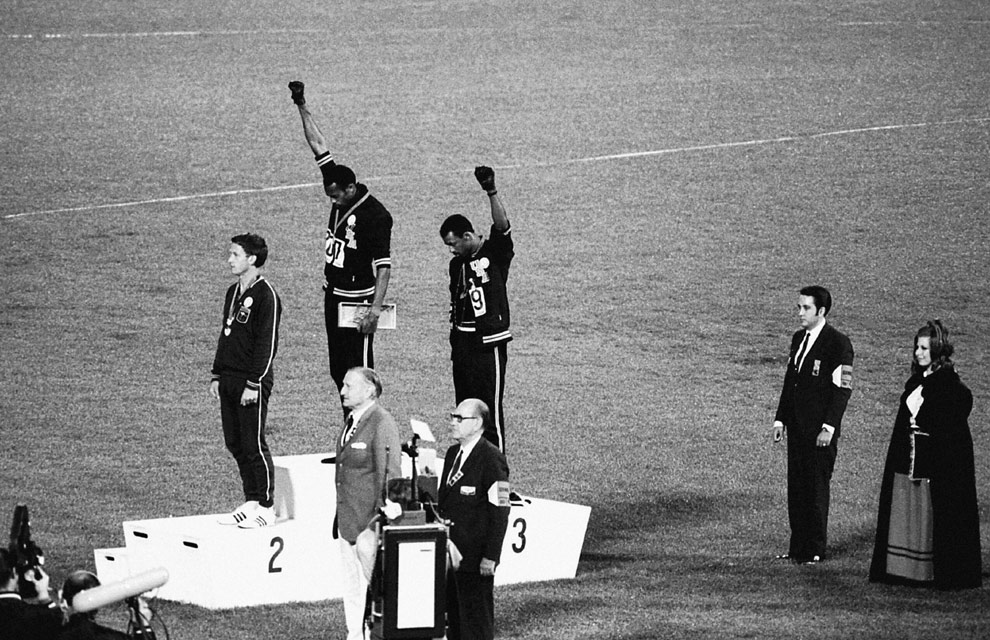[Scroll down for the interactive timeline]
It's kind of inevitable, right?
The Olympics brings together athletes from around the world, representing their countries, in an intensely competitive environment. It'd be a downright miracle if global politics didn't somehow seep into the mix.
But since the modern-day Olympics began in 1896, the organizers' of the games have consistently urged participating nations to leave their political differences at the door. There's even a rule in the International Olympic Committee Charter that shuns any kind of political demonstration.
“Sport can only contribute to development and peace if it’s not used as a stage for political dissent or for trying to score points in … political contests,” said Olympic Committee President Thomas Bach before the start of the 2014 Winter Olympics in Sochi, Russia. “Have the courage to address your disagreements in a peaceful direct political dialogue and not on the backs of the athletes.”
